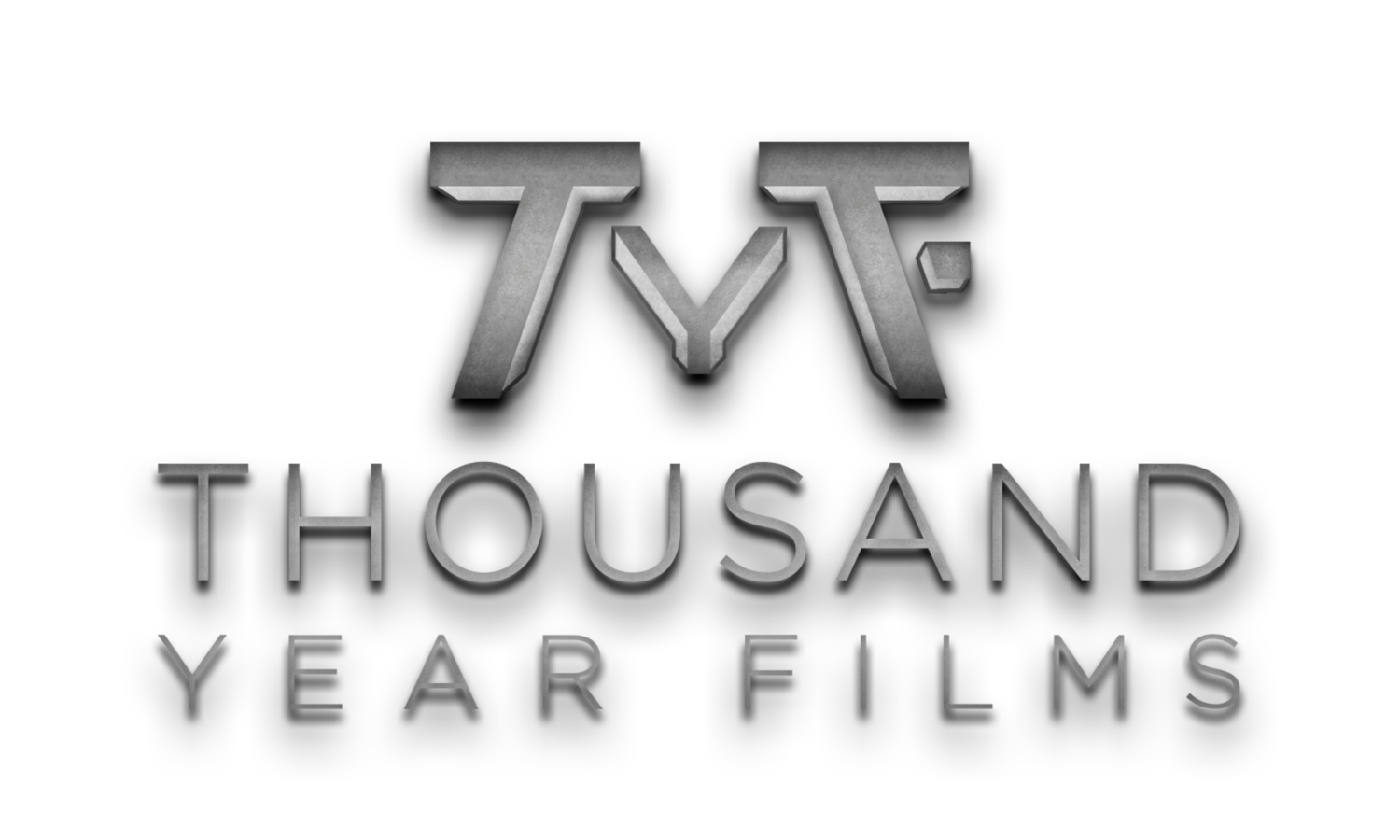criticism and feedback
"A good critic spends as much energy describing what something is, as well as what it isn’t. Good criticism serves one purpose: to give the creator of the work more perspective and help them make their next set of choices."
Criticism is necessary. It’s honesty. It can spur us on to improve, to benefit, to move forward. The first step to dealing with criticism is to acknowledge its importance. It’s here to stay and we do want it because we don’t want to be merely satisfied with mediocrity. Constructive criticism can lend a much needed assistance to an individual by giving them insight on issues that can be avoided. But criticism is such a hard thing for many; to both give and receive. In all its forms, criticism is an act of finding faults with something. When done badly, criticism can be devastating to a person’s self-esteem and self-worth. Yet when done correctly, criticism can result in positive benefits for all parties involved as long as constructive criticism remains valid, clear, and unbiased.
Because of the monumental effects (both positive and negative) of criticism, there are ground rules laid out as to how it will be conducted within ‘Thousand Year Films’
"Good and bad, is not the same as what you like or don’t like."
The most important thing to keep in mind when giving constructive criticism is to focus on valid and unbiased feedback. By valid feedback we’re talking about feedback that is tangible, credible, and well-founded. By unbiased feedback we’re talking about feedback that is free of individual opinion or personal tastes. The idea behind this is that your criticism is focused on concrete feedback instead of personal tastes or opinions because let’s face it; everyone has a different opinion on how something should be done. Ultimately you want to give criticism that is going to offer a potential improvement, and avoid criticism that is going towards satisfying a personal desire.
Finding fault is very important. However, it’s of equal importance in understanding the value of a design, script, or film; to know what isn’t broken, or even more so, what’s actually done brilliantly.
Before you speak, know the goals. “What problem is the work trying to solve? What are the goals?” If you don’t know the intention of the work it’s very difficult to offer careful evaluation and judgment. If you don’t know what the creator is trying to achieve, how can you possibly offer any commentary that’s of value? Be sure to ask, regarding the creator “What are they trying to accomplish here?”, and it will save everyone much time and grief.
"Before you speak, know the goals."
"The only criticism that is ever constructive is that which is expressed in love to “build up,” not to tear down."
Discerning the Value of Criticism
At Thousand Year Films we encourage those receiving the criticism to discern its value and consider the following:
If the criticism doesn’t line up with your goals or intent, it’s probably best to dismiss it because dwelling on it can just make things murky and it prevents any progress.
"The improvement of a person’s art; should never come at the cost of their self-worth or self-esteem."
If the criticism seems to be stemming from a biased opinion, or simply from personal taste it’s also likely not useful.
If you sense in the criticism, any form of harsh judgment, condemnation, disdain or any form of condescending attitude towards the created work or yourself; reject it. Even if there is value in it; the improvement of a person’s art; should never come at the cost of their self-worth or self-esteem.
